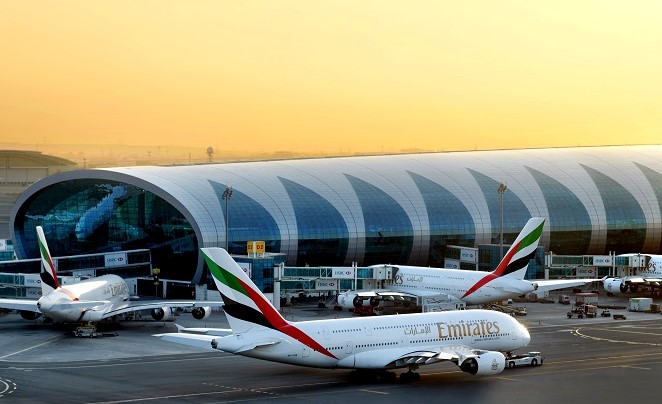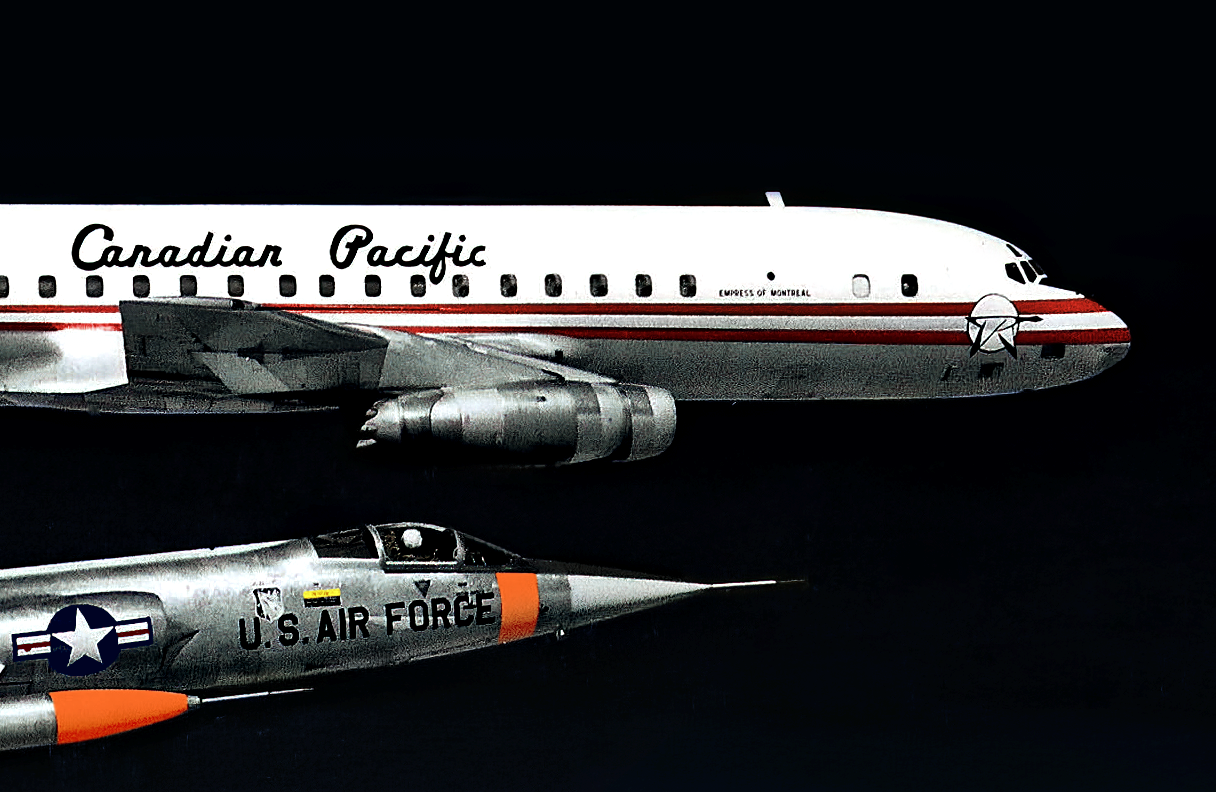Dubai A380 announcement prospects plummet
13 November, 2017
3 min read
By joining our newsletter, you agree to our Privacy Policy


Expectations Emirates will announce an order more Airbus A380s at this week's Dubai Airshow have slumped after the Gulf carrier revealed it wants assurances production will continue for at least another decade.
A failure by the A380’s strongest supporter to announce at the airshow will come as a double blow to the European manufacturer after rival Boeing earlier announced Emirates had committed to buy 40 787-10 Dreamliners with a list price of $US15.1 billion.
The A380 deal is still likely to go ahead but it demonstrates that even the Dubai-based carrier, which recently took its 100th A380, is worried about the commitment by Airbus to keep building the big plane in the face of flagging sales.
Emirates President Tim Clark said the airline wanted a commitment that Airbus would keep producing the plane for a minimum of 10 years, although he said 15 would be preferable.
“I think the ownership here are concerned about continuation (of the A380),’’ Clark told Reuters. “They need some copper-bottom guarantees that if we do buy some more, then the line will be continued for a minimum period of years and that they are fully aware of the consequences of cancellation and leaving us high and dry.”
“Those assurances I am sure will come. Quite when, I don’t quite know.”
The A380 has proved a popular aircraft with passengers and operators still see an important role for it on busy routes between destinations where landing and take-off slots are at a premium
But the four-engine plane has faced stiff competition from new fuel-efficient twin jets and Airbus has been cutting the production rate.
Read: Airbus A380 faces uncertainty as it marks 10 years in service.
Meanwhile, twin-aisle aircraft are forecast to continue to dominate aircraft investment by Middle Eastern carriers over the next two decades as they order 3350 new aircraft worth $US730 billion.
US manufacturer Boeing predicts twin-aisle aircraft will make up half of the new orders and, at an estimated cost of $US520 billion, comprise 70 per cent of the value.
"Traffic growth in the Middle East is expected to grow at 5.6 percent annually during the next 20 years," Boeing Commercial Airplanes vice president Randy Tinseth said.
"The fact that 85 percent of the world's population lives within an eight-hour flight of the Arabian Gulf, coupled with robust business models and investment in infrastructure, allows carriers in the Middle East to channel traffic through their hubs and offer one-stop service between many cities."
The growth of low-cost carriers in the region is expected to fuel demand that will see 1770 single-aisle planes valued at $US190m.
Globally, Boeing predicts demand for 41,030 new airplanes, valued at $US6.1 trillion.
Get the latest news and updates straight to your inbox
No spam, no hassle, no fuss, just airline news direct to you.
By joining our newsletter, you agree to our Privacy Policy
Find us on social media
Comments
No comments yet, be the first to write one.

